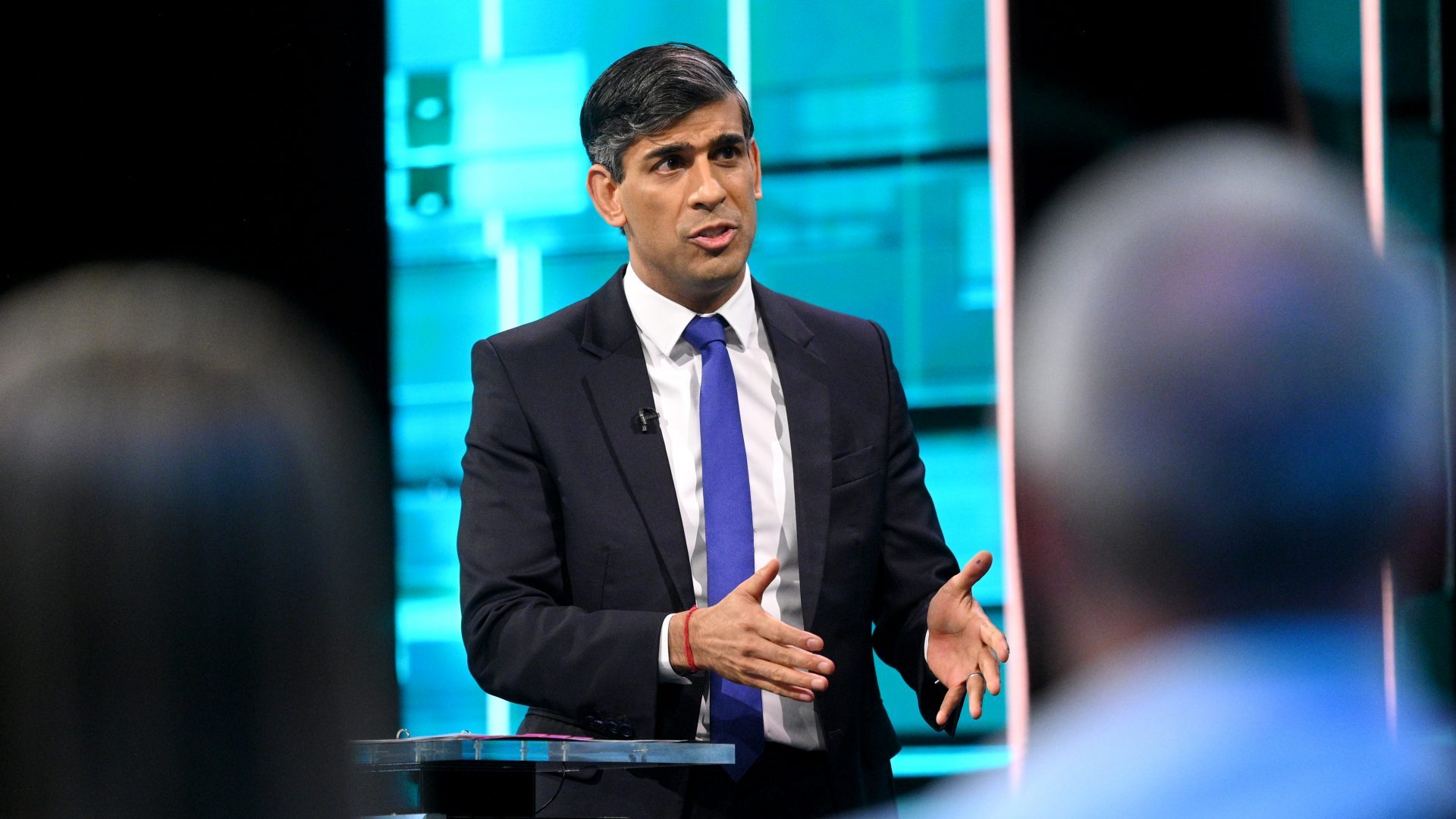Elections lend themselves to aphorisms. Just as politicians start repeating the same phrases again and again – like Rishi Sunak parroting Labour’s “£2,000 higher taxes” eleven times during Tuesday’s ITV debate – commentators start doing the same, trotting out familiar phrases from previous elections into this one. Heaven forbid voters hear anything new during election season.
This time, the pundit aphorism that has been rolled out is the old mantra that “if you’re explaining, you’re losing” – the logic being that by trying to debunk an opponent’s political message, you are in reality repeating it.
Sometimes this claim is true: arguing over £350 million a week for the NHS during the EU referendum certainly helped the Brexit campaign, because explaining it required accepting the framing that being in the EU cost money – the remain argument was that it was “only” £175 million a week, which to any normal person still sounds like a lot of money.
But quite often the saying is just trite: Conservative campaigns have threatened Labour “tax bombshells” in every single election campaign since 1992. Since these have encompassed landslide Tory victories, landslide Labour wins, and almost every result in between, it can hardly be said to be a reliable vote winner.
The Conservatives saying that Labour means higher taxes is, by now, priced in by the voters – and when public services are collapsing, the idea of tax cuts is polling worse than it has in decades.
In fact, Labour might find unpicking this particular iteration of the tax bombshell argument works in its favour. It is rarely good to get into the details, but for the policy wonks Labour has good answers on these “costings” – they were produced in a cynical stunt that is currently allowed under civil service rules, but which arguably should not be.
While in government, ministers are allowed to ask for Treasury costings of particular hypothetical policies – opposition policies. Crucially, their political special advisors are allowed to set out “assumptions”, which the independent civil servants are not allowed to challenge.
This essentially allows the governing party to get the answer it would like, setting out assumptions that force civil servants to produce a high number, which they then repeat to the public as “independent”. There are limits to how these are supposed to be used, and they are not supposed to be presented as official figures.
It is easy to get away with being cheeky with these figures, given the level of detail needed to explain the figures and the assumptions – especially once you try to get into the actual examples. But to get to a “£2,000 per family tax hike” figure, the Conservatives went beyond the figures they had the Treasury prepare.
That in turn has given Labour a bombshell of its own today: the permanent secretary of the Treasury wrote to Labour two days ago saying that the Tory campaign figures “should not be presented as having been produced by the Civil Service” and confirming they “include costs beyond those provided by the Civil Service”. Crucially, the letter also states that the Treasury had informed “ministers and advisors” not to use the figures in this way. The following evening, the prime minister used the figure 11 times, repeatedly citing it as based on independent costings produced by public officials.
On Tuesday night, 4.8 million people watched at least some portion of the leaders’ TV debates. On Wednesday morning, the BBC News app sent out an alert to 7 million people that read: “Top Treasury official says Sunak’s £2,000 tax attack on Labour wasn’t prepared by civil servants” – putting the prime minister’s honesty or otherwise front and centre of the campaign.
To list the scandals of the Conservative party since the last general election would take much longer than the total word count of this article – between Covid parties, PPE procurement, cover-ups of MPs’ personal conduct and more, the attrition has been relentless.
Rishi Sunak himself has, one Covid fine aside, managed to stay largely out of these honesty issues – until now.
Thanks to Sunak’s decision to double down on a campaign stat after his team had been warned against it, at the next debate Keir Starmer can (should he choose to do so), look dead in the camera and accuse the prime minister of lying directly to the voters eleven times over at the first debate. Will Rishi Sunak enjoy explaining that away?










